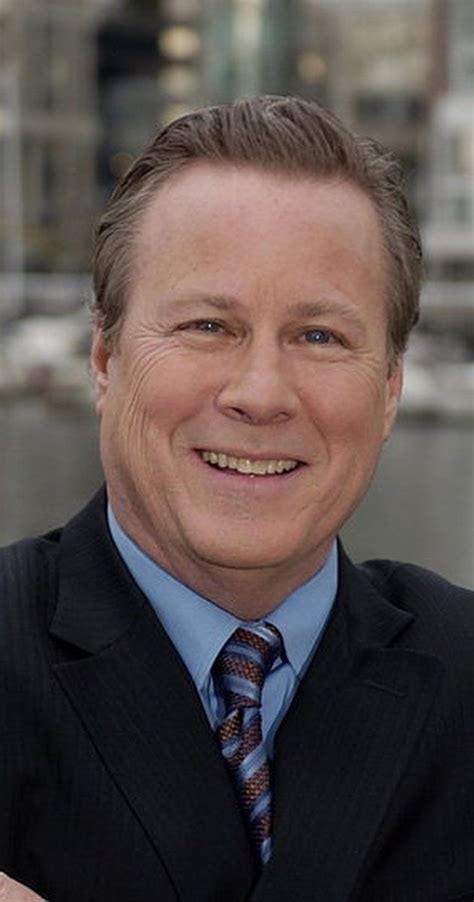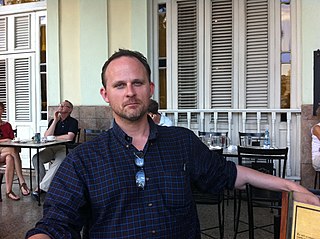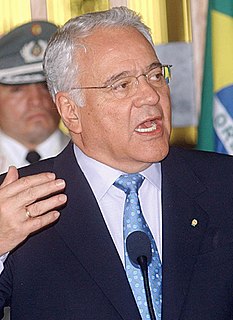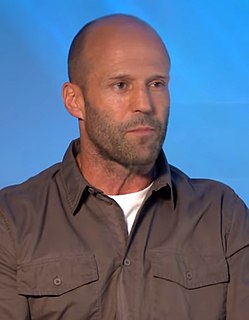A Quote by Jeff Kinney
Many of Judy Blume's books - which I devoured when I was growing up and where I found characters that were believable because they were a lot like me - caused considerable consternation when they were first published, but now they're widely accepted as an essential part of the children's literary canon.
Related Quotes
My parents are pretty liberal. But they were just you know trying to look out for my innocence or whatever. But my babysitter had "Forever" [by Judy Blume]. And I said "Well I've read Judy Blume books, can I borrow that?" And she said no, this one's not appropriate for you. Which obviously, got me really worked up. So I took it.
There were a lot of things in it that were important at the time to me. Cutter's Way movie was very relevant. And I wanted Cutter to succeed as a vet, as a guy coming back from 'Nam, because there were so many guys like that. And there were so many other movies at the time, like Apocalypse Now, Coming Home, and The Deer Hunter, that it was really important that the movie be believable, that I come across a pissed-off vet who'd been there and comes home angry.
I didn't write professionally at first. It took me nine years to get anything published. At the beginning I mostly wrote picture books, which were rejected by every children's book publisher in America. The first book of mine to be accepted for publication was ELLA ENCHANTED, and not one but two publishers wanted it. That day, April 17, 1996, was one of the happiest in my life.
I did a lot of this through writing flashbacks. Many of the flashbacks took place at Cal's school and I eventually cut them because they didn't seem essential and they slowed the pace of the story in the first third of the book. They were essential to me, though, in that I learned about my characters.
I started writing stories at a young age, but not once did it occur to me that I could grow up to be a writer. Who could I look to? My favorite authors were Ann M. Martin and E.L. Konigsburg and Judy Blume, Beverly Cleary and Lois Lowry and Norma Klein. They were all white women, and they seemed so stately to me, so elegant. A whole world away.
It never occurred to me that there were so many wonderful photos that had been orphaned and were out there in the world, waiting to be found. Over time, I found a lot of very strange pictures of kids, and I wanted to know who they were, what their stories were. Since the photos had no context, I decided I needed to make it up.
These boys, now, were living as we'd been living then, they were growing up with a rush and their heads bumped abruptly against the low ceiling of their actual possibilities. They were filled with rage. All they really knew were two darknesses, the darkness of their lives, which were now closing in on them, and the darkness of the movies, which had blinded them to that other darkness, and in which they now, vindictively, dreamed, at once more together than they were at any other time, and more alone.
Growing up where I did, you met a lot of colorful characters whose business was on the other side of the law, or more likely you didn't know what they were up to, and you never would. So playing those kinds of characters now, I can draw on that. The rest of it, you can practice or learn from books. But mostly, I draw from my experiences. That's all I have, you know.





































